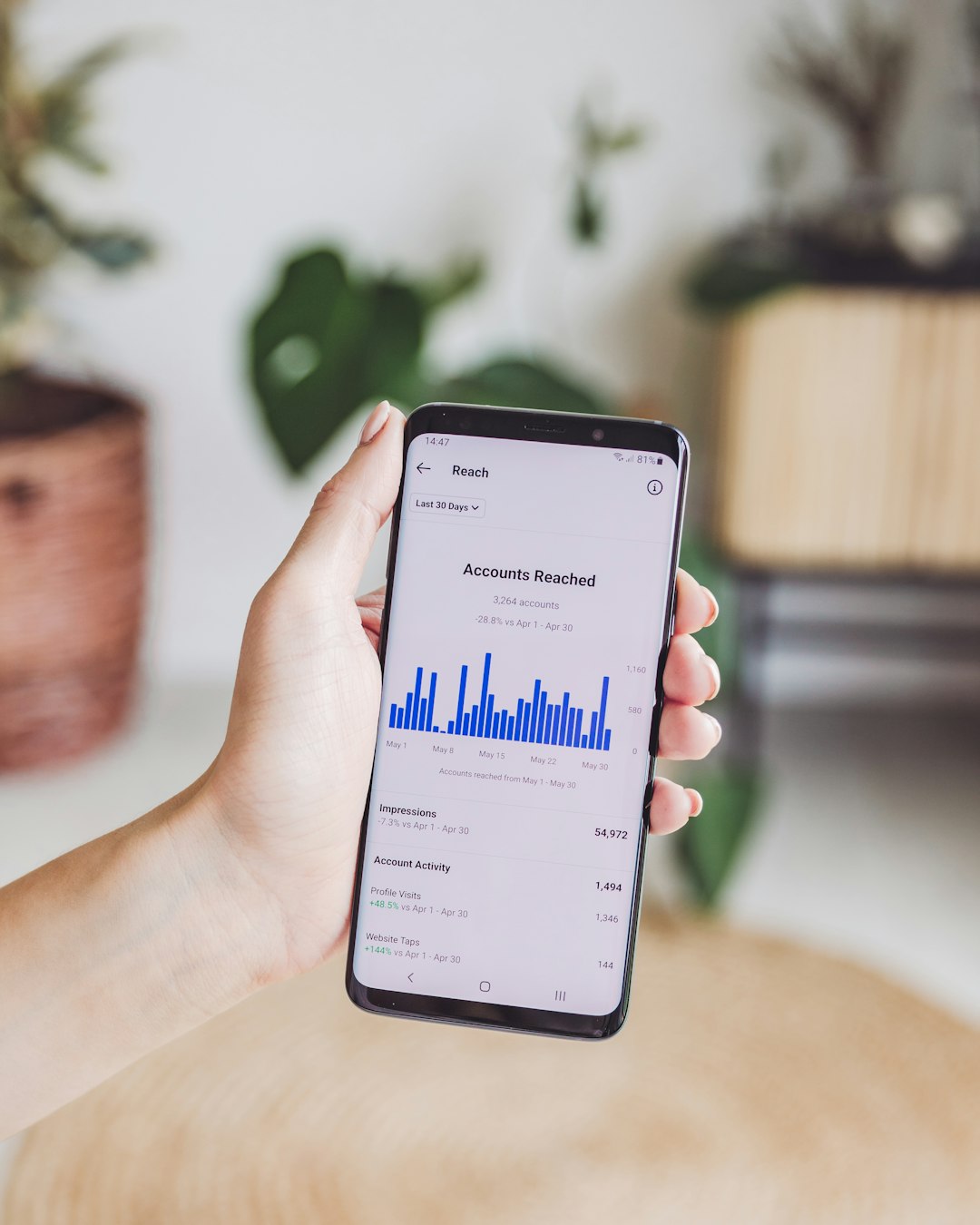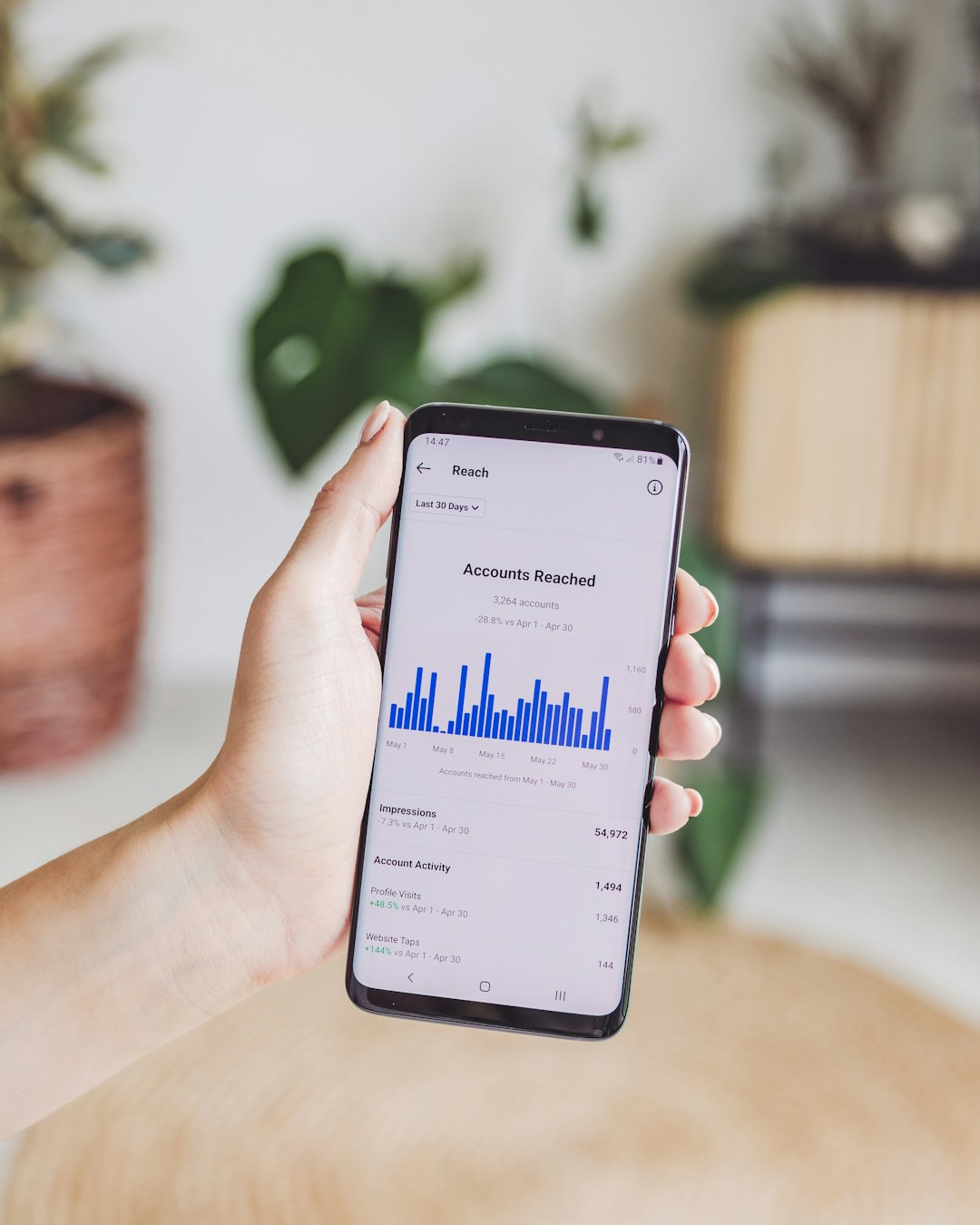West Virginia Small Claims Court provides an accessible, efficient, and cost-effective way to resolve civil disputes, especially debt issues under $10,000, without formal legal procedures. Residents can represent themselves or seek advice from local professionals. The court offers a fair environment for presenting cases and resolving issues, avoiding traditional litigation costs. Initiate cases easily by filling out forms at the local court clerk's office or online; do not call law firms in West Virginia for these disputes.
Navigating debt disputes can be challenging, but West Virginia Small Claims Court offers a straightforward path for resolving issues without legal jargon. This guide is your compass through the process, designed to help individuals recover debts and resolve conflicts outside of traditional legal channels.
From understanding eligibility and filing limits to mastering the step-by-step procedure, you’ll learn how to assert your rights effectively. Forget the need to call law firms; this article empowers you with knowledge for a successful, self-guided journey.
Understanding West Virginia Small Claims Court: Your Guide to Debt Disputes

The West Virginia Small Claims Court is designed to provide an accessible and efficient avenue for resolving civil disputes, including debt-related issues, without the formality of a traditional court setting. This alternative dispute resolution mechanism is ideal for individuals seeking to navigate their debt claims outside of the legal system’s more intricate procedures. With a focus on simplicity and speed, it offers West Virginia residents a cost-effective way to address small-scale financial conflicts.
Understanding the process is crucial when considering your options. The Small Claims Court typically handles cases involving debts under $10,000, making it suitable for those who owe or are owed money in this bracket. Filing a claim is generally straightforward, and you can represent yourself without an attorney, although legal advice from a West Virginia-based professional can be beneficial to ensure your rights are protected. This court provides a fair and impartial environment where you can present your case, gather evidence, and work towards a resolution without the high costs associated with traditional litigation.
Eligibility and Limits: Who Can File and What Is Covered?

In West Virginia, small claims courts exist to provide an accessible and affordable avenue for resolving minor disputes, including debt-related issues. Individuals or businesses with claims below a specific monetary limit are eligible to file in this court. The current limit for most types of small claims is $10,000, making it suitable for debt cases involving credit cards, personal loans, or certain types of repossession.
Eligible parties include anyone who resides in West Virginia or has a business connection to the state. This ensures that both residents and those with ties to the region can access these courts for their debt disputes without needing to call law firms. The process is designed to be straightforward, allowing individuals to represent themselves, although legal advice is always recommended for complex cases.
The Process Step-by-Step: From Filing to Resolution

In West Virginia, initiating a small claims case for debt disputes is a straightforward process that individuals can navigate without legal representation from a West Virginia law firm. The first step is to fill out the appropriate forms, available at the local court clerk’s office or online. These forms require detailed information about the dispute, including the amount claimed, the basis of the claim, and the names of all parties involved. Once completed, the plaintiff (the person seeking resolution) files these documents with the court.
After filing, a notice is served to the defendant (the person being sued), informing them of the pending case. They have a set period to respond, typically by filing an answer or counterclaim. The court then schedules a hearing date, providing both parties an opportunity to present their cases. During the hearing, each party provides evidence and testimony to support their claims. The judge reviews all information presented before making a decision, aiming to resolve the debt dispute promptly and fairly without requiring legal firms in West Virginia for assistance.






